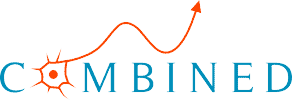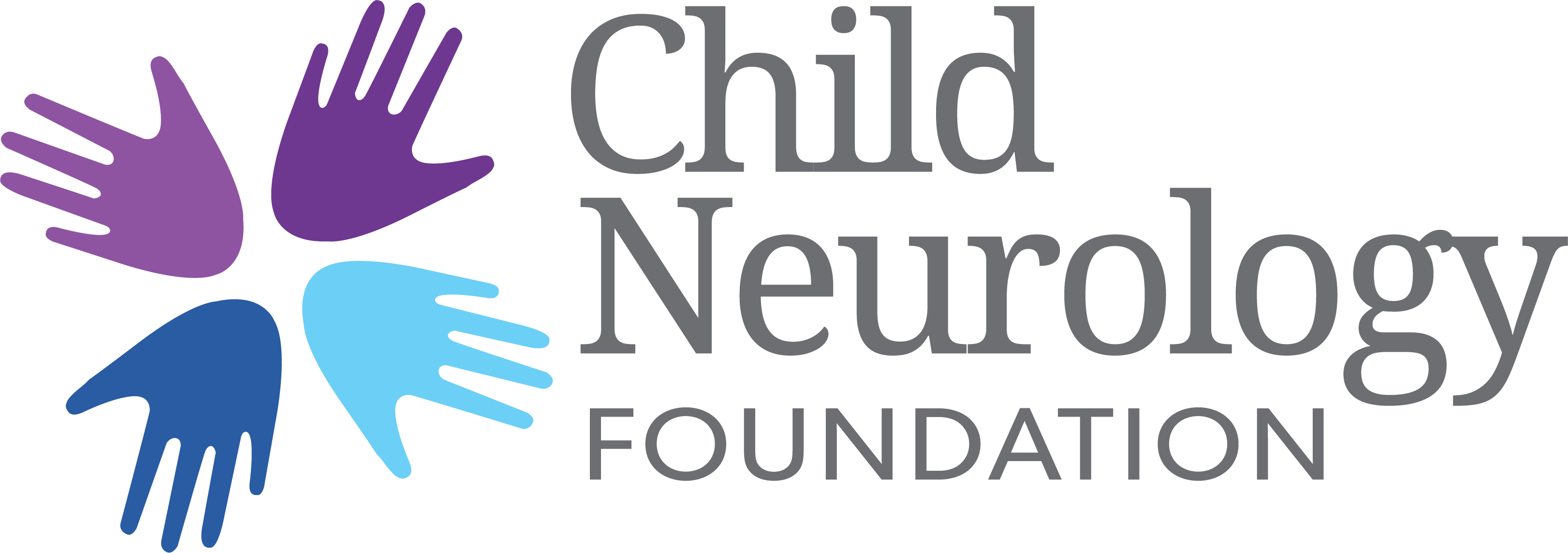The overall goal of Project FIND-OUT is to facilitate early and accurate genetic diagnosis of rare genetic neurodevelopmental disorders in infants between the ages of 3-12 months
in the United States.

Project FIND-OUT is an important research project to help parents and healthcare providers get answers about potential genetic causes of their child’s symptoms. Project FIND-OUT is designed to identify infants based on symptoms, determine the diagnostic yield, and then develop an algorithm for which infants should receive whole genome sequencing. Our goal is to influence the development of national guidelines and payor coverage policies to make it easier for healthcare provides to access whole genome sequencing.

Project FIND-OUT is only open to infants in the United States between the ages of 3-12 months who have 2 or more of the below symptoms.
Inability to suck, reflux, constipation, dysphagia
One or more unprovoked seizure

Families who participate will receive the following free services:


We aim to make participation in Project FIND-OUT easy for you and your patients. To enroll a patient, either you or the caregiver can complete a patient enrollment form. We will contact the patient to provide additional information about the study and complete the enrollment process including informed consent. Once the patient has enrolled, we will send a request for medical records to your practice. Your patient will be assigned to a genetic counselor. The genetic counselor will also be available to you in case you have any questions. Once the test results have returned, we will send the test report to you.
If you have any questions, you can contact us at projectfindout@combinedbrain.org.
1) Musante L, Costa P, Zanus C, et al. The Genetic Diagnosis of Ultrarare DEEs: An Ongoing Challenge. Genes (Basel). 2022
2) Simon, J., Hyde, C., Saravanapandian, V. et al. The diagnostic journey of genetically defined neurodevelopmental disorders. J Neurodevelop Disord 14, 27 (2022). https://doi.org/10.1186/s11689-022-09439-9
3) Klau J, Abou Jamra R, Radtke M, Oppermann H, Lemke JR, Beblo S, Popp B. Exome first approach to reduce diagnostic costs and time – retrospective analysis of 111 individuals with rare neurodevelopmental disorders. Eur J Hum Genet. 2022 Jan;30(1):117-125. doi: 10.1038/s41431-021-00981-z. Epub 2021 Oct 25. PMID: 34690354; PMCID: PMC8738730.
4) Haviland I, Daniels C, Greene C, et al. Genetic Diagnosis in Pediatric Epilepsy Impacts Medical Management. AES2021; Abstract2.319.
The Project FIND-OUT core collaborator group includes the following organizations:






Stay up to date with the latest news
Copyright 2023. All Rights are Reserved. Project FIND-OUT